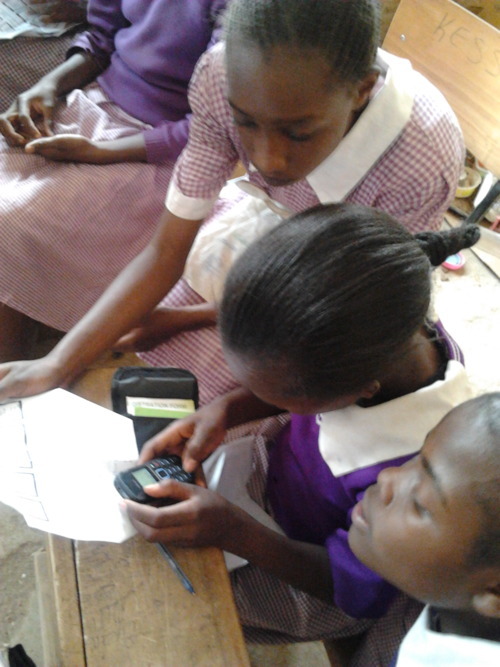A few days ago, a study came out on teachers’ perspectives of technology and students’ abilities to learn to think critically. Not surprisingly, teachers were split when it came to feelings about technology. A bit over half felt that tech could positively affect students’ critical thinking abilities. However, many teachers were quite critical of kids’ use of social media, justifying that it distracted students from doing homework or studying, especially in the middle-high school grades.
Clearly, teachers are fearful of technology disrupting the learning process, fearful of tech creating a distraction in a classroom full of kids that have a hard time paying attention any way. From my perspective as a teacher/educator of 7 years, I often feel this way too.
So the question is, why do teachers hate technology? Or at least, why do they seem to? Why is it so dang hard to implement technological solutions in a classroom or in education in general? What works? I’ll try my best to answer these questions from my firsthand experience and from working with the hundreds of teachers that I know and love. But do know, there are probably exceptions out there.
1.) Why do teachers (seem to) hate technology?
We don’t hate technology. We’re just annoyed by it. We’re annoyed when something takes more time with technology than it would have if it were hand-written, self-produced, or not automated. We’re bummed out by companies or districts or outsiders thinking that they have the solution for us, when really, we know what’s most important for our kids. We’re weary of games and programs that have no relevance to what we’re teaching at that very moment in time. We’re a bit tired of people forcing their solutions on us, and thereby, our kids. We want something that is useful.
As a teacher, I want a tech solution that:
- is NOT used in my classroom (or at least, not yet)
- is ACCESSIBLE to all my kids
- ENGAGES my kids
- TEACHES something truly valuable
- SAVES me TIME
Few people realize that this is what teachers want. And if a tech solution does all of these things, we’re pretty happy.
2.) Why does ICT in education often fail?
Well, I’ll give you two reasons. First, the solutions don’t follow the guidelines above. Second, teacher-training and empowerment AND parent understanding and support must follow introductions of ICT to students.
Teachers are the closest connections to student learning and we want content to align to what we’re teaching; we want edtech content to be useful to students, and we want to know how it will be useful. Blocking teachers off from the connections kids have with tech will never work. Teachers must know the technology better than their students, and we must want to use it. Once we are convinced, we’ll probably use the tech more than the kids do. (And this is exactly what we found in the beginnings of MPrep as well.)
Parents are often forgotten in this whole process, but often, they are the actual customers you are targeting; they buy the technology. One thing that we do is hold parent meetings, demonstrating our SMS-based product to parents in real time and answering any questions they might have. If parents know and see that tech will help their kids, they’ll invest in it.
3.) So, what exactly works in edtech then?
Everyone has their opinions about this. But what works for me and the hundreds of teachers I know? Easy:
- Supplementary review for students on concepts already taught
- Widely-used technology that almost all students can access (This is why we use SMS for now.)
- Tech that incorporates data on students that can be transferred back to students (saves us time!)
- Ed content that is organized by content and is not random
- Things that explain and give meaning to students, that don’t just skill and drill
- Things that are not just “games.” Don’t get me wrong, I love Angry Birds, but a beefed-up version of it that is merely a fun math game really doesn’t teach a kid that much. There is a very specific way that kids absorb information, and it aint in random fashion; it’s through bite-sized digestible pieces that are a aligned to a specific topic or objective.
So, I guess we don’t hate technology after all. We’re just looking for something that works.
